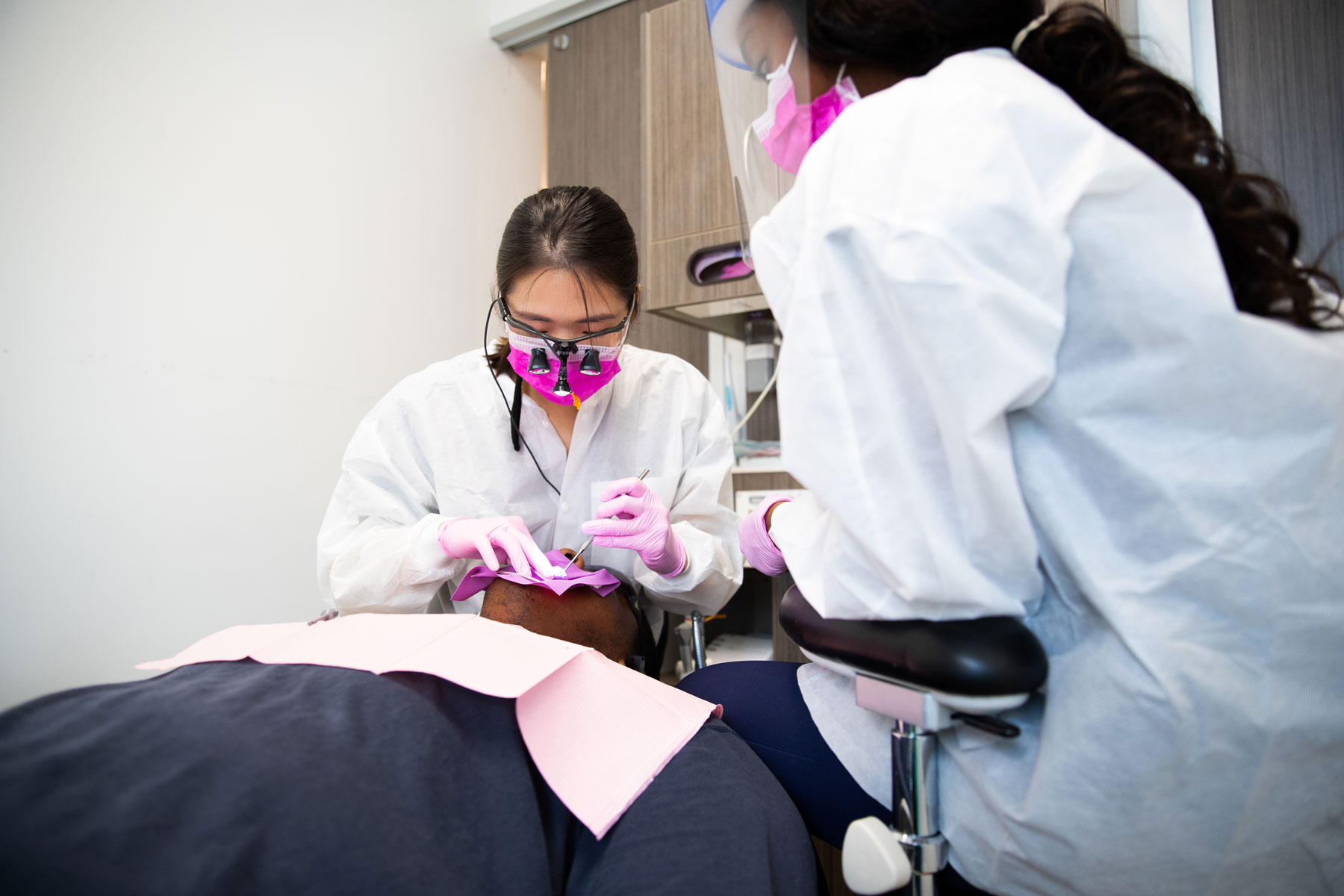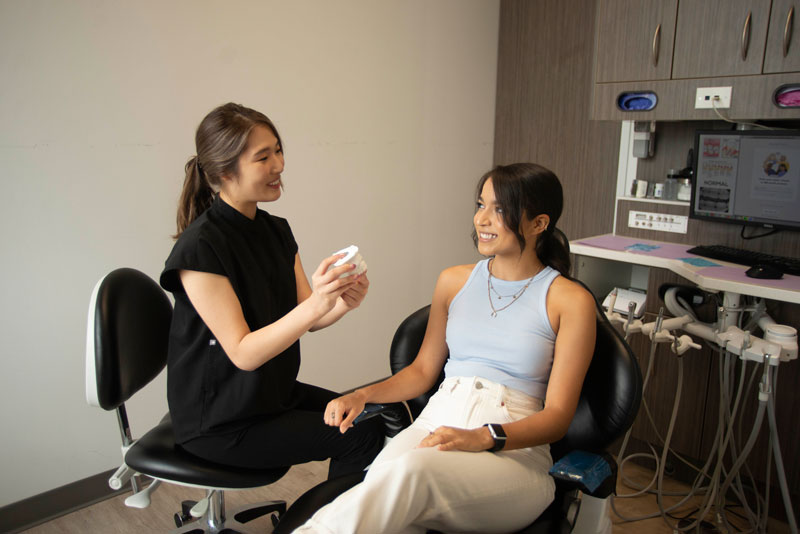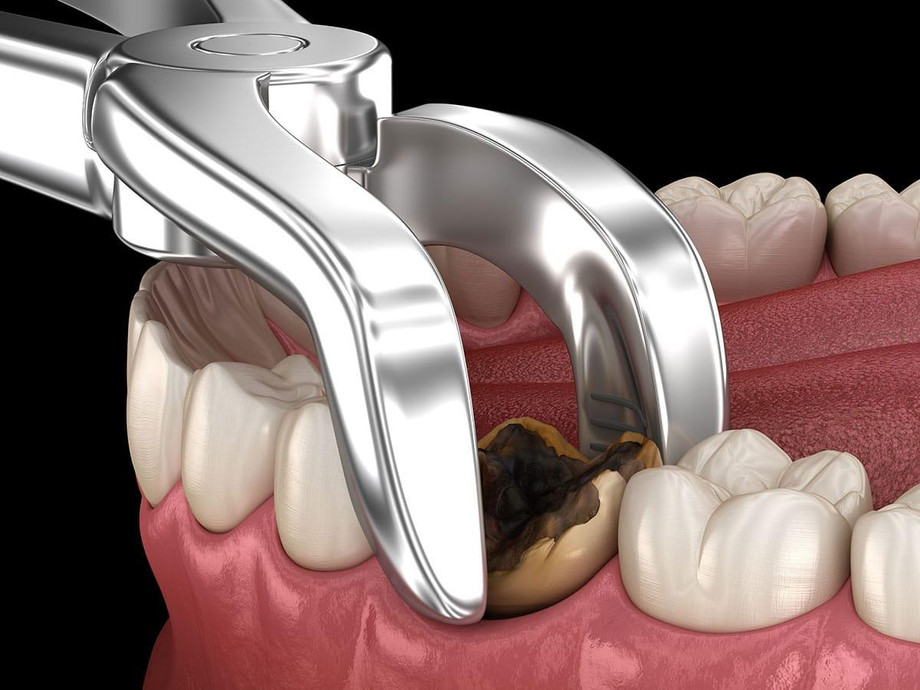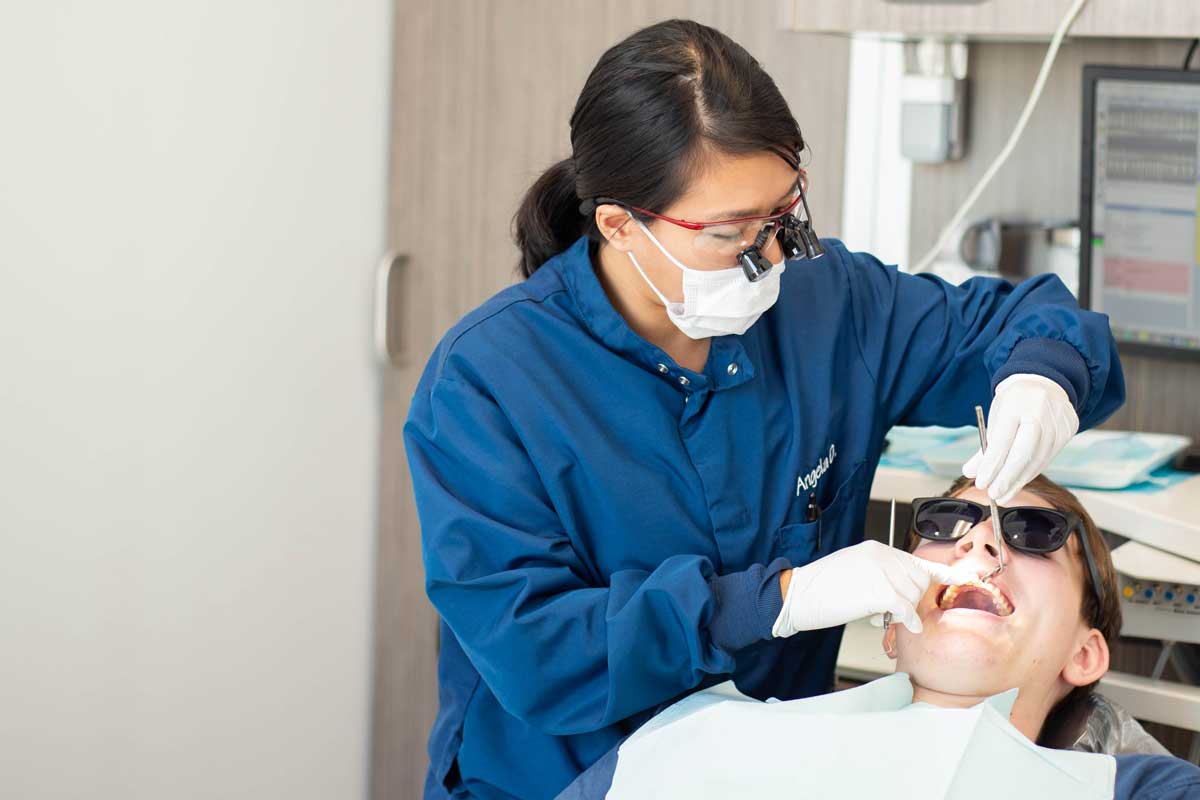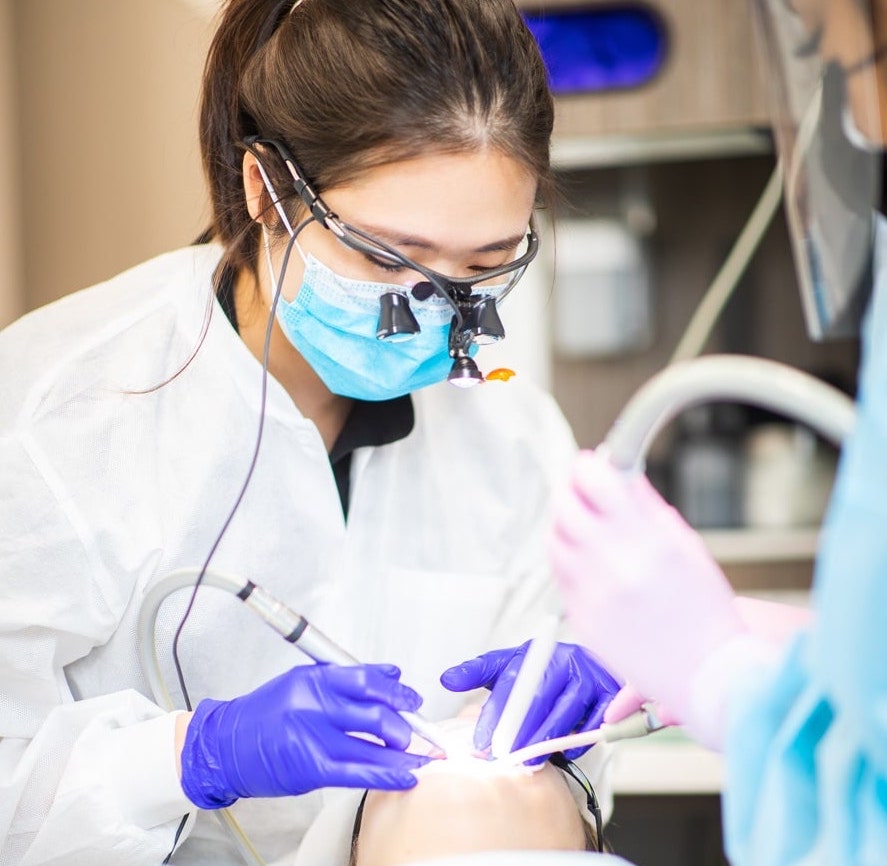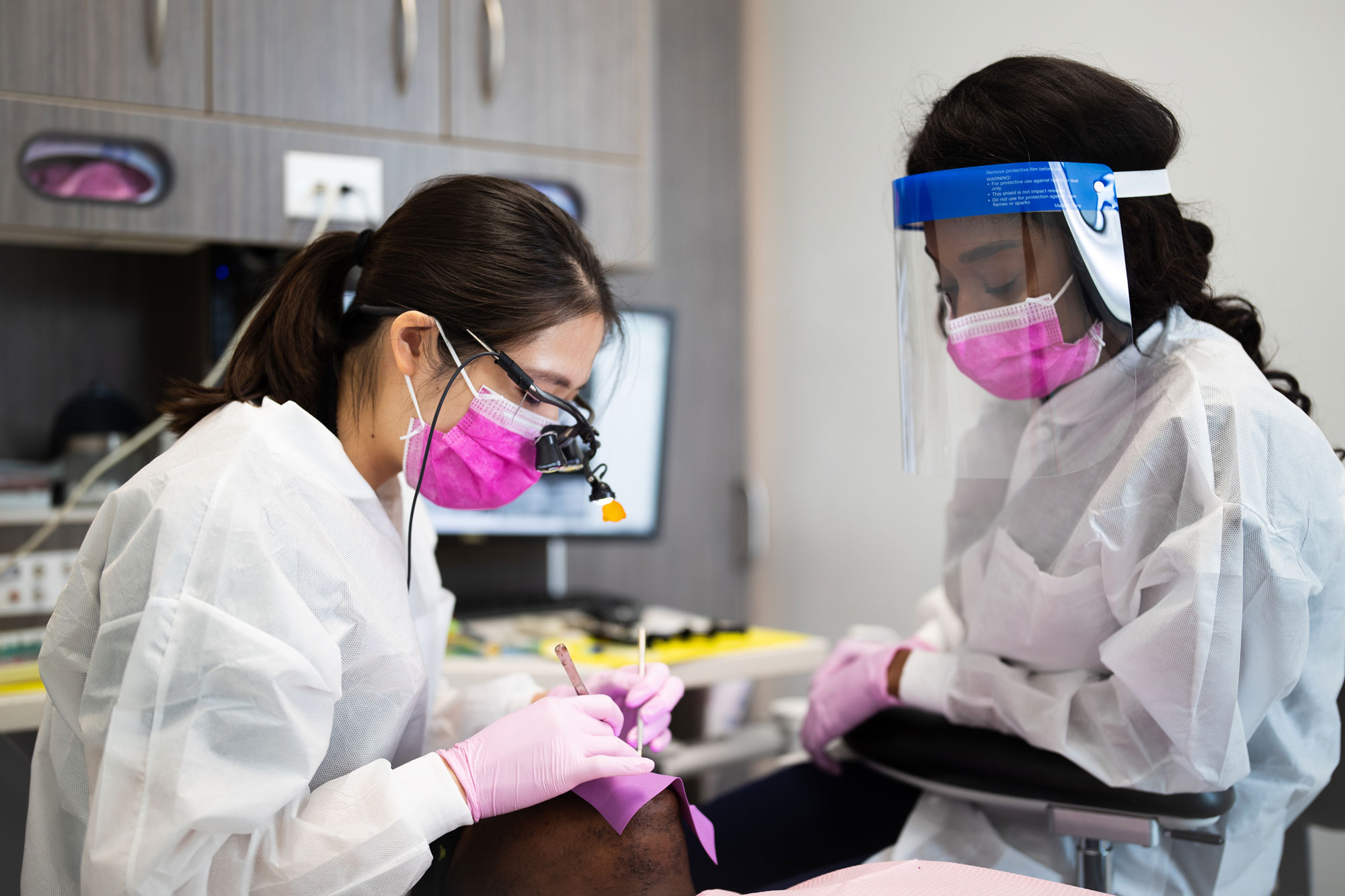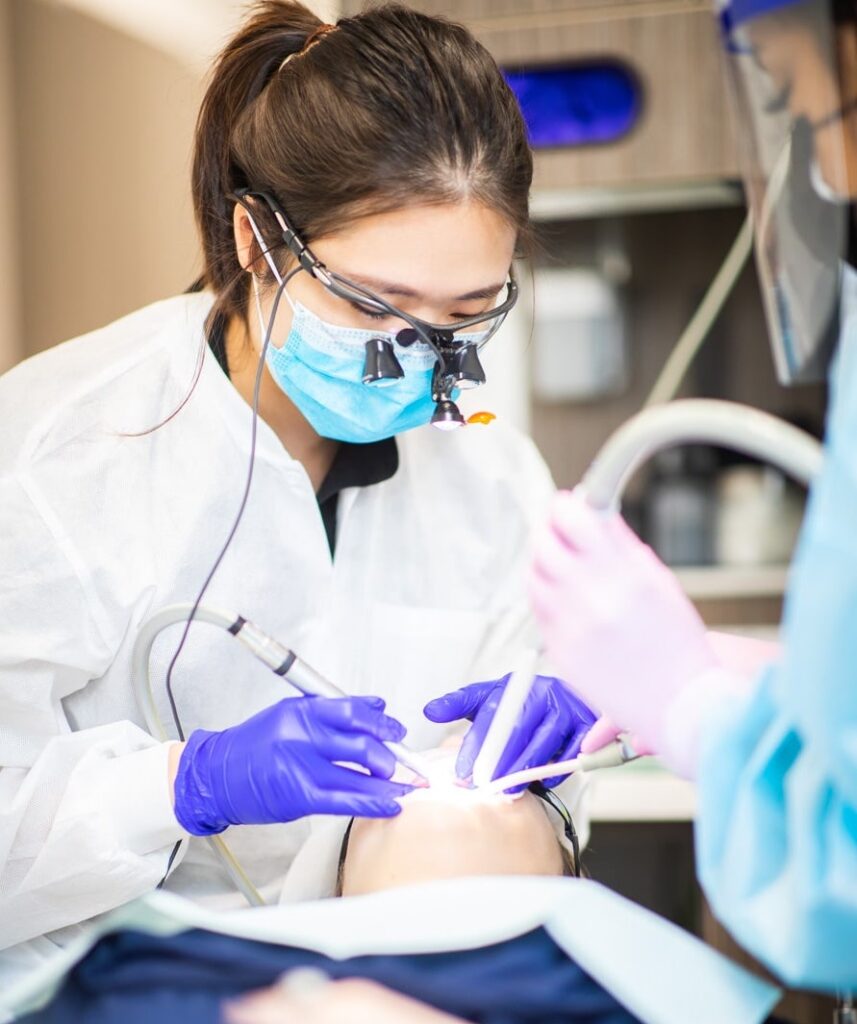Many people prefer Invisalign over braces as they match the color of the teeth flawlessly. Suppose you have crooked, crowded, or misaligned teeth. In that case, you can straighten your teeth efficiently with orthodontic treatments, and the most preferred one is Invisalign results. They help align your teeth with their transparent appearance.
Many parents question whether Invisalign is a better option for kids or not. Invisalign does not have complex metal installation, and its clear white appearance makes it less visible. It is ideal for kids who don't want to disclose their braces. If you are looking for an orthodontist for Invisalign, you must visit dentists open Saturdays. Your orthodontist will give you the best solution.
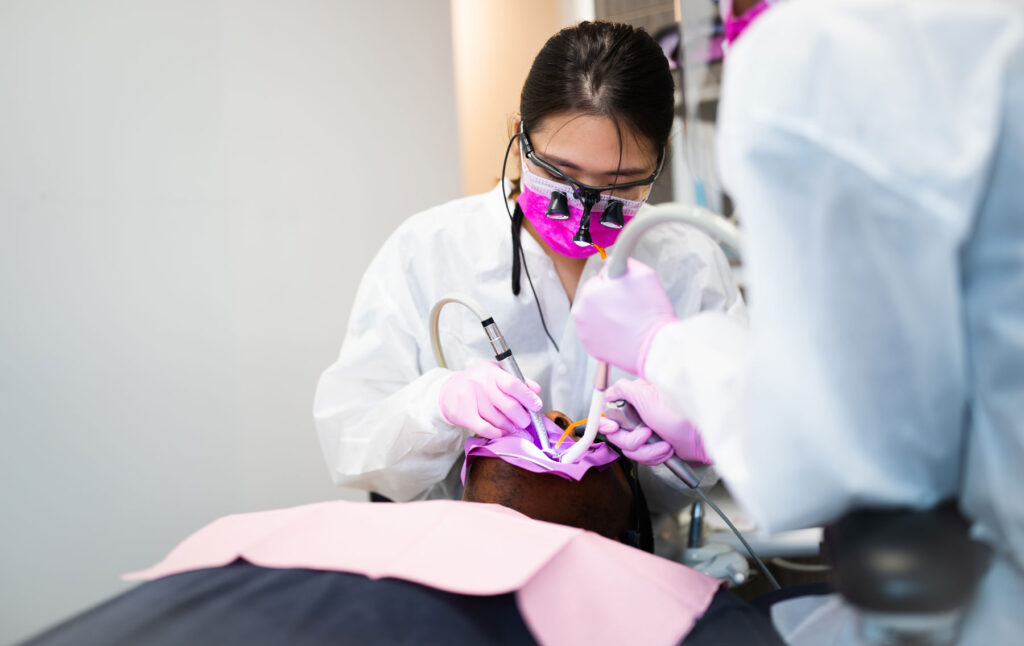
The necessity for braces can worry children, a mouth full of metal to make their teeth straight. Still, Invisalign is an alternative for metal braces. You can get straight teeth without your treatment being noticed, like metal braces. Still, are they better for your child? Some characteristics of Invisalign are more worthwhile for children.
How Can Invisalign Work Better on Kids?
Some kids are vigilant in keeping the Invisalign trays all day and night and only removing them while eating or drinking. The outcomes in such cases can be even better than usual. Therefore, the treatments for Invisalign are almost gone more quickly than for adults. It is because the kids are adaptable to having things in their mouths, and they will not constantly take them out. Invisalign can be an excellent choice for kids if they take care of it and keep it safe. Here are some advantages of Invisalign that are very beneficial for kids.
- Eat What You Want.
Kids are fond of eating foods like candies, popcorn, nuts, and chewing gum, and they find them excellent snacks that almost every child loves to eat. With clear aligners, your child can easily consume everything they love eating by removing the trays from their mouth. As the tray is removable, you can place them again after eating.
- Easy To Keep Your Teeth Clean With Invisalign.
Compared with those traditional metal braces, Invisalign is easy to clean. With Invisalign clear aligners, you don't have to hassle keeping your Invisalign clean and can do it quickly.
You can also buy a special soft bristle toothbrush. Remove your aligners and then brush and floss like an average person. Place the aligners again once brushing and flossing are done. But make sure that aligners are kept safe when you are not wearing them!
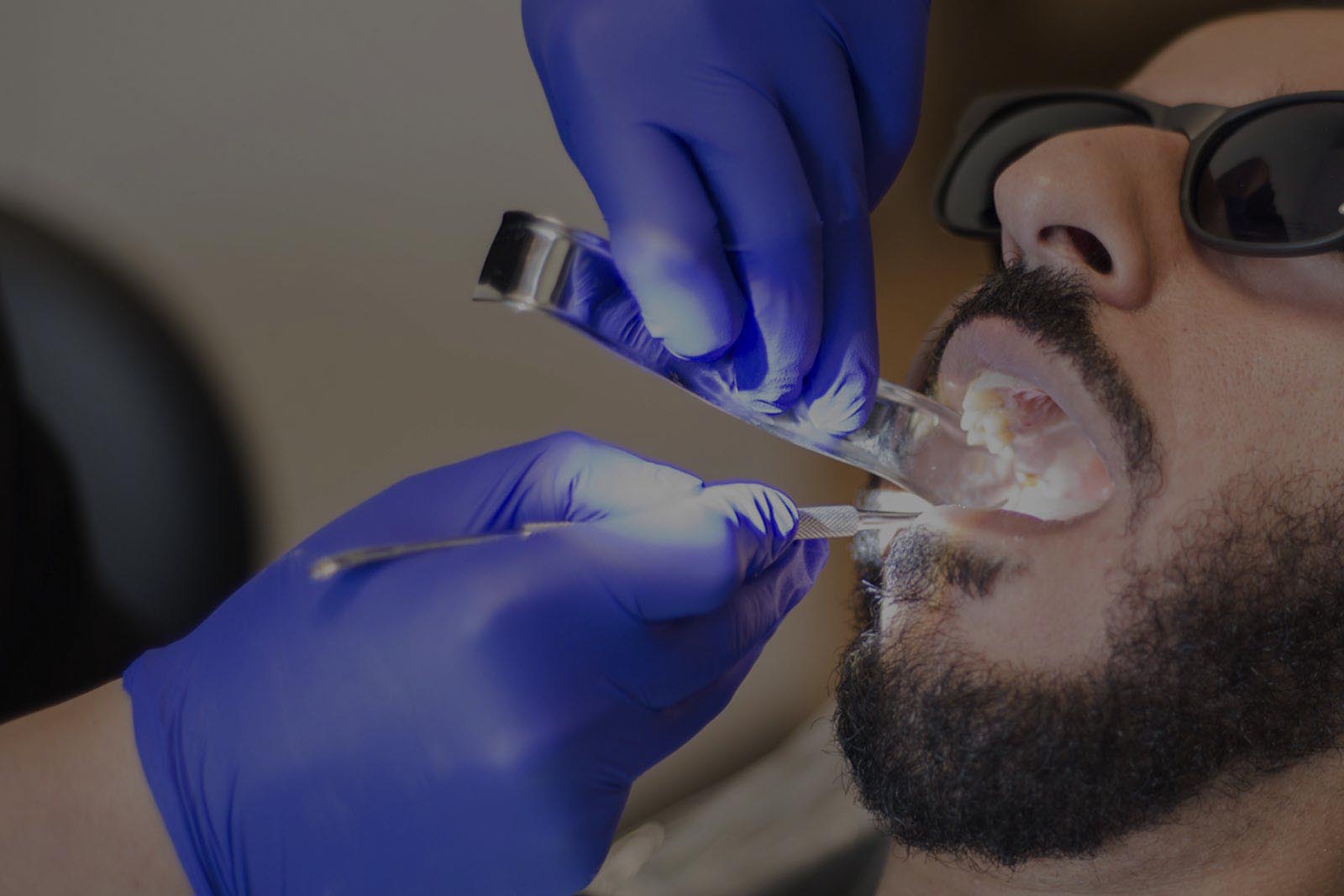
Keep your clear aligners clean; ask your dentist how to clean them. To avoid cavities, keep them clean and your mouth.
In Conclusion:
Talk to your Invisalign near-me dentist. Suppose the orthodontic problem needs the Invisalign procedure. In that case, you and the child are comfortable with it and responsible for wearing the trays except for eating and drinking. In that case, your dentist will suggest placing kids on Invisalign over braces.
If you also want Invisalign to straighten your kid's teeth, consult your dentist to ensure that your kid can keep it safely whenever they remove it. You can also ask for Invisalign before and after images. Visit or contact an affordable orthodontist for consultation and schedule an appointment.
Article source : https://www.ihealthytips.com/is-invisalign-a-better-option-for-children/
